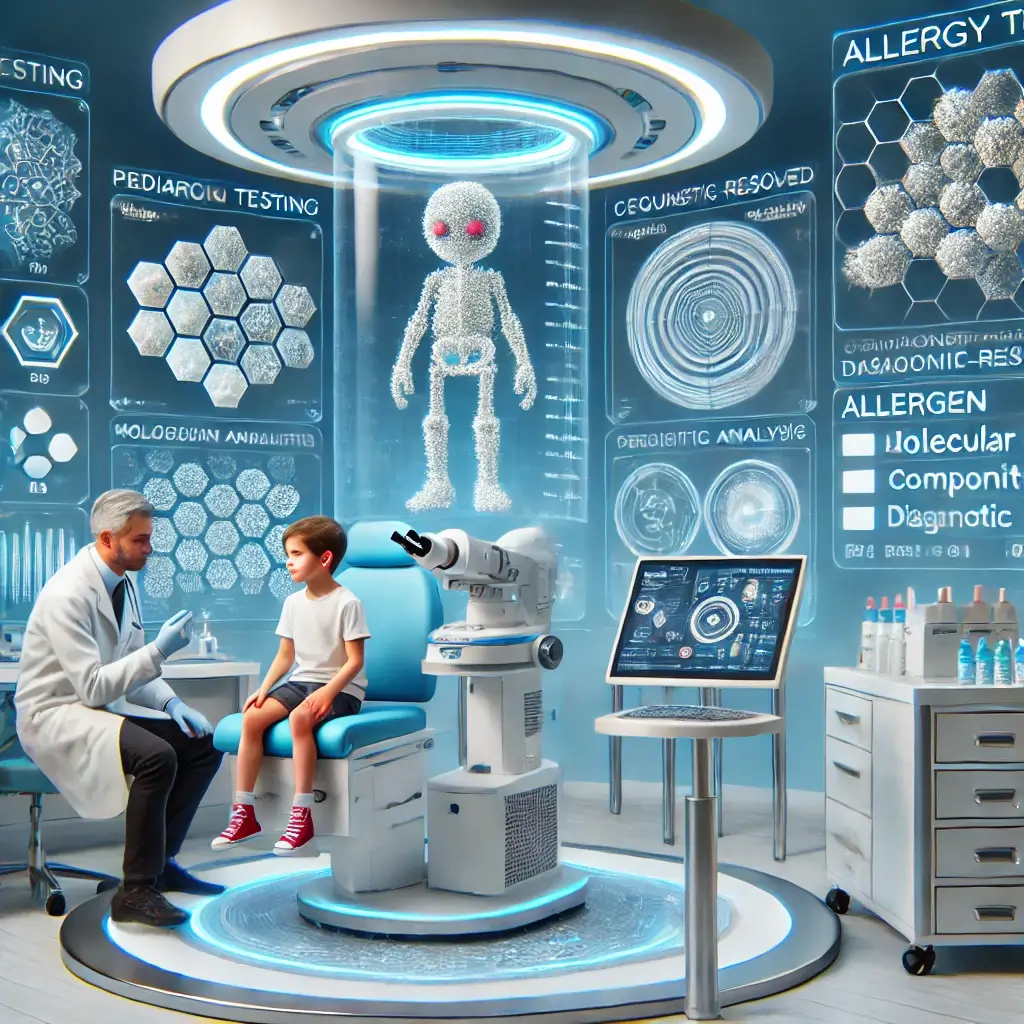The Impact of Air Quality on Lung Development in Children
The Impact of Air Quality on Lung Development in Children
Here is a more comprehensive examination of how excessive heat and overheating can exacerbate air quality issues and impact the development of children’s lungs
Thermal Conditions and Atmospheric Composition
Ground-level ozone, a detrimental air contaminant, can be intensified by heat and sunlight. Ozone is a lung irritant that can induce respiratory issues, particularly in infants with growing lungs.
Rising Pollution Levels
Elevated temperatures can confine preexisting air pollutants, such as smog, near the Earth’s surface, impeding their dispersion. This can result in elevated levels of harmful particles in the atmosphere, which children inhale and can irritate their respiratory organs.
Flames
Elevated temperatures and arid conditions can heighten the likelihood of fire. Wildfire smoke emits a range of contaminants into the atmosphere, exacerbating air quality and presenting a substantial health hazard, particularly for children with asthma or other respiratory ailments.
Effect on Pulmonary Development
Due to their increased susceptibility, children’s lungs, which are still maturing, are more vulnerable to harm from air pollutants than those of adults.
Elevated Respiratory Rate
In hot weather, children exhibit an accelerated breathing pattern, resulting in an increased intake of air contaminants that can irritate their respiratory passages.
Childhood Exposure to Air Pollution Might Have Long-Term Repercussions
Childhood exposure to air pollution might have long-term repercussions, thereby heightening the likelihood of acquiring chronic respiratory issues such as asthma in the future.
Strategies to Safeguard Children from the Detrimental Impacts of High Temperatures and Air Contamination
Advocate for children to engage in outside activities during cooler periods, such as early morning or evening.
Ensure Ample Hydration
Ensure youngsters consume ample water to maintain optimum hydration and keep their bodies relaxed, promoting optimal bodily functions.
Monitor Air Quality Reports
Stay informed about air quality forecasts in your vicinity and reduce outdoor activities when pollution levels are elevated.
Consider Air Purifiers
Utilizing air purifiers indoors might be a potent method to enhance indoor air quality and diminish exposure to diverse pollutants. These devices operate by actively pulling in surrounding air, guiding it through a sequence of filters, and reintroducing the purified air back into the space.
Seek Medical Advice
If your child suffers from asthma or other respiratory ailments, it is advisable to seek medical advice regarding managing their symptoms during hot weather and high air pollution.
Comprehending the Interrelationships Among Heat, Air Quality, and Lung Development
By comprehending the interrelationships among heat, air quality, and lung development, we may implement measures to safeguard children’s well-being and establish a more secure atmosphere for their recreation and maturation.

Dominic E. is a passionate filmmaker navigating the exciting intersection of art and science. By day, he delves into the complexities of the human body as a full-time medical writer, meticulously translating intricate medical concepts into accessible and engaging narratives. By night, he explores the boundless realm of cinematic storytelling, crafting narratives that evoke emotion and challenge perspectives. Film Student and Full-time Medical Writer for ContentVendor.com




